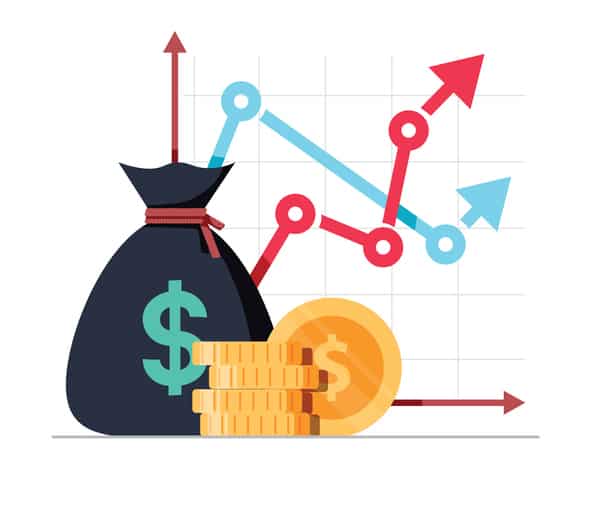The Global Top 100 companies by market capitalisation performed strongly from March to December 2019 and still outperformed industry peers amid market volatility caused by COVID-19 in Q1 2020, said PwC recently.
PwC said it has analysed the Global Top 100 companies by market capitalisation for the period March-December 2019 as well as for the year to March 31 2020.
This dual analysis seeks to provide a clearer picture of how the world’s biggest companies were performing before the COVID-19 crisis that created an unprecedented impact on global markets and signs of how they responded in the early days of the crisis, the company noted.
“In the nine months to Dec 31, 2019, the Global Top 100’s market capitalisation grew by 20%, including the boost from Saudi Aramco joining at the top of the list, said Ross Hunter, IPO Centre Leader at PwC.
In the following three months, while their overall value fell 15%, the companies within the Global Top 100 outperformed their industry indices, an early indication that investors value the defensive qualities of larger companies and their scope to both come through the crisis and invest in the post COVID-19 world, he added.
How different companies performed
Saudi Aramco joined the Global Top 100 this year in first place having undertaken the largest IPO in history in December 2019, and has retained this position since then, according to PwC.
Even with COVID-19 disruption, the market capitalisation of Microsoft and Apple each exceed US$1 trillion as of March 2020, said PwC, adding that Amazon was valued at US$ 971 billion as of March 31, 2020 but has since exceeded the US$1 trillion mark due to a surge in demand for online shopping created by movement restrictions put in place as a measure to contain COVID-19.
Only ten companies in the Global Top 100 saw an increase in market capitalisation from December 2019 to March 2020, according to PwC. These companies included:
- Netflix moving from being a top ten faller from March to December 2019 (market capitalisation -9%) to the second biggest riser through to March 2020 (+16%)
- Tesla which entered the Global Top 100 and was a top ten riser in both periods, with its market capitalisation doubling to US$96 billion
Regional perspectives
All regions experienced an increase in market capitalisation of the companies included in the Global Top 100 until December 2019, after which gains were wiped out in every country excluding Saudi Arabia, PwC said.
European companies in the Global Top 100 experienced the most significant reduction in relative terms in the three months to March 2020, with market capitalisation decreasing by 25% (US$ 956 billion), the firm added.
UK companies in the Global Top 100, with a relatively high Oil & Gas sector weighting, gained a moderate 2% in March to December 2019, before seeing a 28% reduction in market capitalisation to March 2020, the firm said.
The US continues to dominate the Global Top 100 in terms of number of companies in the list and market capitalisation, albeit with a US$ 2,204 billion (14%) reduction from December 2019-March 2020, PwC pointed out.
China and its regions, the second largest contributor to the Global Top 100 with 14 companies, lost one company in the year, widening the gap with the US, PwC observed.


